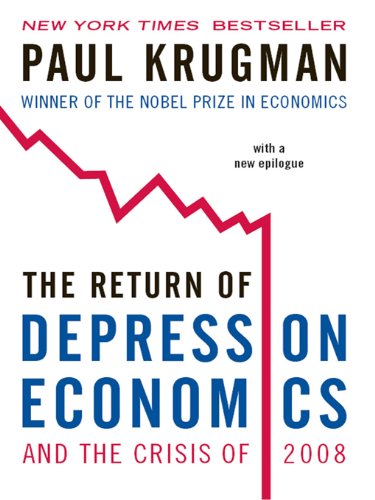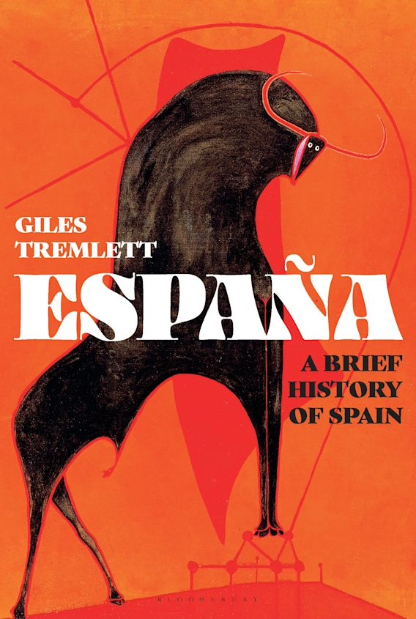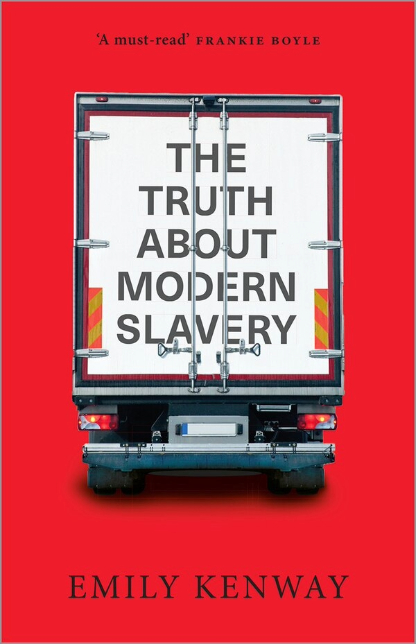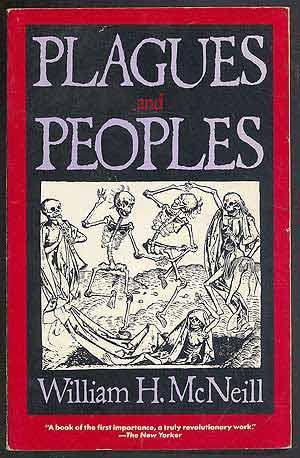Left, Right – Yves Engler
Left, Right: Marching to the Beat of Imperial Canada, Yves Engler, Black Rose Books, 2019, pp. 263, $21.99, ISBN 978-1-55164-663-3
Former Speaker of the Venezuelan National Assembly Juan Guaido declared himself the interim President of Venezuela on January 23, 2019. The move followed a concerted effort to oust the duly elected President Nicolas Maduro by the opposition and comes as an episode in all too long a history of US interference in Latin America. A move that further destabilized the country already facing difficulties due to the US-imposed sanctions and the drop in the price of oil, the resource Venezuela depends on heavily to fill state coffers.
Minutes after Guaido announced himself the President to the world; the US rushed to recognize his legitimacy. Canada followed suit, with the Prime Minister calling Guaido to “commend him on his courage and leadership in helping return democracy to Venezuela.” Indeed, Canada played a crucial role in fostering the crisis. It was the Lima Group – a shady coalition of states established in August 2017 with the aim of “finding a peaceful solution to the crisis in Venezuela” – that first declared the May 2018 Presidential election illegitimate just a week before Maduro’s inauguration. According to the Group, the sole democratically elected body was the National Assembly, in control by the opposition. The crisis followed a period of Canadian “quiet diplomacy,” which sought to unite the opposition and provide material support for the activities of the opposition. Ben Rowswell, Canada’s Ambassador to Venezuela from 2014 to 2017, lauded Canada’s role in supporting human rights and democracy in Venezuela as did a litany of others who jumped on the gravy train of Canadian humanitarianism. This band of brothers patted themselves on the back and told us how different Canadian intervention is from the American. According to them, Americans do not promote democracy; Canadians do.
The NDP, a nominally left of centre party in Canadian politics, issued a statement on January 24, 2019, a day after Guaido began styling himself the President of Venezuela. The Party said that “the situation in Venezuela is a humanitarian crisis” and called for Canada to “provide more assistance in tackling the humanitarian crisis” by involving the United Nations. The NDP merely toed the line of the government in foreign relations.
American and Canadian interests in Venezuela are in lockstep. As they were when Yugoslavia was bombed; when Afghanistan was invaded; and when Libya was destroyed. Canada’s humanitarian discourse is but a guise for imperial crusades, whether they are homegrown or American.
To Yves Engler, who has written extensively on Canadian foreign policy, the government’s aggressive push to topple the Maduro government comes as no surprise. In his The Black Book of Canadian Foreign Policy (Fernwood, 2009), Engler challenged his readers to think whether Canadians should be as proud as they are of Canada’s foreign relations. Is Canada indeed a force for good, as most of her citizens believe? Engler offered evidence from virtually all of the world to suggest that Canada’s foreign policy is self-serving, anti-democratic, colonial and environmentally destructive. His Canada in Africa: 300 Years of Exploitation (Fernwood, 2015) focuses on the continent and reveals Canada’s participation in the slave trade and the suppression of anti-colonial and anti-apartheid struggles. Moreover, it outlined Canada’s role in destabilizing the Congo, Rwanda and Somalia. Other books analyze Canada’s relations with Israel and Haiti. For Engler, there appears to be nothing dear, and he is not afraid to swing at the most cherished Canadians, be it Lester Pearson, or Stephen Lewis. He is an iconoclast.
Engler is an author dear to the Left, for his opposition to wars and destructive powers of capitalism. His book Left, Right will for precisely that reason separate the proverbial wheat from the chaff, because it exposes the broad Left’s complicity in Canada’s foreign policy. He takes on organizations, trade unions, political parties, think tanks and individuals who broadly “represent our side” and exposes their misleading the public about Canada’s role in the world. His approach focuses on institutional leadership, which is by extension taken to represent the approach of the party or the union. As his narrative indicates though, the top brass is often in conflict with the rank and file and serves to dampen their radicalism.
Beginning with the party of ‘social conscience’ in Canada, Engler examines the NDP and its earlier incarnation as the Co-operative Commonwealth Federation, the CCF. He shows that from the outset the leadership’s outlook was aligned with the External Affairs Canada (current Global Affairs Canada). The CCF’s founding document, the Regina Manifesto largely focuses inwards, failing to mention Canada’s complicity in enabling or directly perpetrating violence abroad. Engler indicts the broad left for failing to extend their progressive outlook to foreign affairs, and for remaining inward orientated. His condemnation of the CCF/NDP should be more clarified for he condemns the leadership, not the rank and file who have often pushed the party in a more radical direction. In the case of Canada’s participation in NORAD and NATO, many ‘unilateralists’ pushed for exiting these militaristic institutions, but ”Coldwell, Douglas, and Lewis came to the microphone to hammer back the unilateralists.” Likewise, when the Stockholm Petition called for banning the atomic weapons, millions of people signed up, yet Coldwell accused them of spreading communist propaganda. More recently, the leadership of the NDP has offered unequivocal support to Israel. Tom Mulcair, the previous NDP leader, asserted that he was “an ardent supporter of Israel in all situations and all circumstances.” Others in the top brass have associated themselves with organizations actively participating in the oppression of other peoples. Throughout Engler’s analysis of NDP’s positions, the fact that it was the leadership that watered down all radical demands stands out.
What this confirms is that the NDP is a party with socialists in it, but it is not a socialist party. Blanket condemnation of the Party itself should have been more nuanced instead.
UNIFOR has recently made headlines for their blatantly xenophobic ad, screened at the halftime of American Super Bowl. In it, Canadian generosity is juxtaposed with un-Canadian vehicles “they want to sell us.” International solidarity apparently comes in second. Engler takes a swing at such positions, adopted by the Trades and Labor Congress (TLC) and the Canadian Congress of Labor (CLC). He documents the trade union support for militaristic endeavours, such as the 2004 coup in Haiti. The CLC opposed admitting the Palestine Liberation Organization to the International Labor Organization, while Histadrut (Israeli labour union) regularly spoke at CLC conferences. However, again, it was the leadership that blocked the radicalism of the rank and file. As Engler himself documents, it was the CLC President, Joe Morris, who used his position as ILO committee chairman to block the PLO’s admission. CLC’s provincial affiliates likewise condemned its orientation, calling for the organization to “play a major role in promoting progressive workers’ causes in other countries.” Perhaps owing to the influence federal government funding had on the operations of various trade unions, the views of the government and the official views of the unions, as represented by their leaders were often in line. The revolving door which sees leaders of unions join the government then makes complete sense. Engler should have made the distinction between labour aristocracy and the radical rank and file clearer.
Arguably the most fun part involves Yves Engler outing left-wing think tanks and individual darlings. Rideau Institute, Canadian Centre for Policy Alternatives, Linda McQuaig, Michael Byers are just some of the individuals and think tanks Engler analyzes. He reveals that their approach to international relations is closely tied with the governing ideology that portrays Canada as a force for good in the work. Whether they accept and promote Canada’s innocence through advocating for peacekeeping missions or support for the military, these organizations and individuals fail to challenge the institutions that contribute to the oppression of people abroad. Yet, they are members in good standing of the broad Left.
Engler’s factual writing style creates a narrative where every sentence documents and reinforces his premise. This reveals that his book is not aimed at the academic audience, but rather at the activist population who can use it as a resource to hold the broad left accountable. Journalistic and activist leanings of the book, also mean that Left, Right lacks a clear theoretical framework. Engler frames his analysis as a question of morality, telling the reader that the standard against which to judge foreign policy should be “First Do No Harm,” a commitment to seek and tell the truth while being mindful of the consequences of the government’s actions. Throughout the book, as Engler himself documents, the readers realize that foreign policy is far removed from questions of morality, instead it represents a natural extension of capitalist organization of the economy, which necessitates particular government interventions to achieve certain ends.
Left, Right is also a call to action. To counter the dominant narrative in Canada’s foreign policy, Engler proposes that the Canadian Foreign Policy Institute (CFRI) be set up. CFRI would act as a clearing house, connecting activist organizations and coordinating their struggles, while providing educational resources critical of Canada’s foreign policy. It will offer an institutional alternative to the established left and act as an informational network with the aim of changing the course of foreign policy. CFRI is a laudable goal, and its lofty purpose should be the aim of activist organizations. However, given its outlook and structure, it is bound to be confined to the margins for that precise reason. Mediascape allows for criticism within a spectrum, as Engler himself demonstrates in this book. To go beyond it would require the active participation of activists and a lot of commitment against all the odds — the goal of the true Left, no less.
Yves Engler’s book is a principled attack at the leaders of the Left in Canada, whose actions corrupt the intentions of the radical rank and file. It is a wonderful resource for activists to hold their leaders accountable and ultimately revolt against the labour aristocracy.




